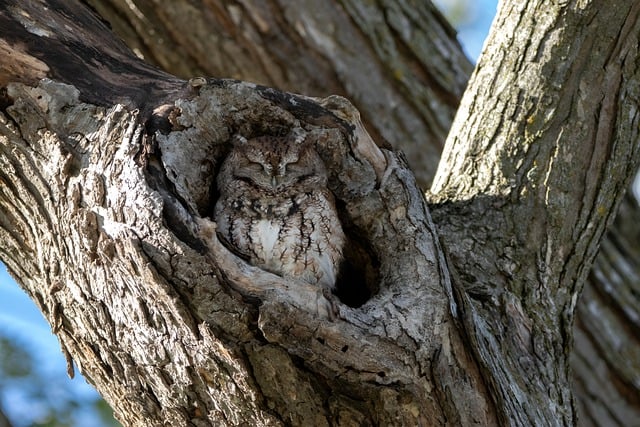The earth groans beneath the weight of forgotten prayers. Her belly shakes, her breath becomes wind and flame. The rivers no longer sing, but roar with anger, flooding the lowlands and drowning the careless paths of men. Smoke rises like the mourning songs of widows; the trees cry out as…
Lectionary Readings for January-December 2025
January 2025 1/ Fallen Swords Day/Emancipation Proclamation, Weekday Sabbath, Book of Discipline Chapter 10 2 / Chapter 11 3 / Chapter 12 4 / Seventh-Day Sabbath, Chapter 13 5 / Chapter 14 6 / 1st Quarter Moon, Oahspe 7 / Voice of Man 8 /Weekday Sabbath, Book of Jehovih Chapter…
Effects of Mental Stress in the Way of the People

Our thoughts are like the winds; they shape our path and bring us closer to harmony or lead us astray. When our minds are calm and strong, we walk in balance with the Great Spirit, and our hearts find peace. But when our minds are troubled, like stormy waters, it…
Seek to Find the Good
“Only see the virtues and wisdom in your neighbor; you should not seek out his faults.” – Eskra 44:16 To find the good in our neighbor, we have to start by focusing on their strengths and the ways they bring light into the world. We have to keep in mind…
Meditation – Thankfulness

O Creator, we give thanks for this day and the paths it opens before us. Thank You for the gift of freedom to choose our way, even though we cannot always choose the trials we face. Yet, we are grateful for the wisdom to shape our responses, to keep them…
Seeing the Creator in All Things

“After Creator Jehovih shaped man from the breath of the sacred winds, He spoke, saying: ‘So you will know you are the work of My hands, I have placed within you the gift of understanding, the strength to create, and the wisdom to walk with honor upon the Earth.’” (Oahspe…
The Oahspe Shines On
Last year I had the opportunity to travel throughout various reservations in the United States, visiting households of relatives, friends and strangers to share, in a non-intrusive way, the sacred text of the Oahspe. One special lady I met in California was Enola. She expressed how she had lived a…
Joint Statement: The Oahspe and Native American Spirituality
The Oahspe, as a spiritual text, brings teachings that connect deeply with Native American ways of understanding life, the spirit world, and the balance of creation. Adopting it as part of your spirituality offer numerous benefits. Strengthening Our Connection to Nature The Oahspe teaches a deep respect for the natural…
The Tale of Coyote and the River People

In a time when the stars were still finding their place in the sky, the River People lived peacefully along the winding waters. They fished, grew corn, and sang songs to honor Creator. Their hearts were strong, their spirits steady, for they lived in harmony with all things. But one…
The Bird and the Hare

A story based on Book of Inspiration, chapter 12. Many ages ago, when the earth was new and the stars still whispered their wisdom to the rivers, the Great Spirit walked among the creatures. In those days, all life moved in harmony, each creature carrying the wisdom of its purpose…
